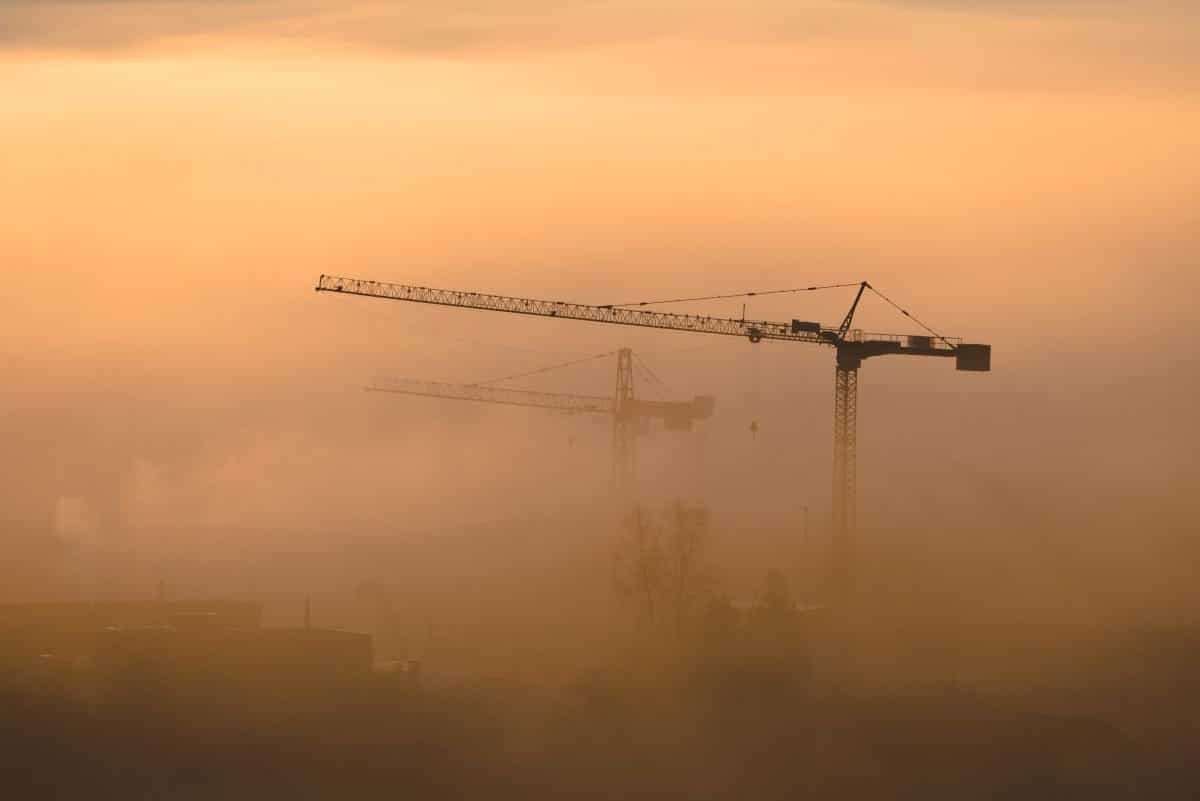Recently, many column inches have been written about the concerning situation at one of China’s largest property developers, Evergrande. But what does it all mean, and should you be concerned about the developer’s… developments?
Why? Why? Why? (Buy! Buy! Buy!)
Evergrande, not to be confused with Evergreen, the tanker stuck in the Suez Canal, has been on a period of rapid growth in recent years due to China’s property boom. It did so through borrowing money while interest rates were low, but it borrowed a lot, £220bn. It’s worth noting that while Evergrande is perhaps best known for property development, it also makes a lot of other stuff too like electric cars, financial products and even food manufacturing.
So, who’s funding it all? Evergrande has borrowed heavily in the form of bonds to get its projects moving, which isn’t uncommon. But now the Chinese government has changed some of the rules around how much debt a company can have, and Evergrande has too much. It has been scrambling to sell projects, often at heavy discounts, to keep the proverbial lights on.
Just as if you had a borrowed money for a new car, Evergrande must make payments to those that have lent money to the company. Most of the people and companies it owes are in China, but money has come from all over the world. Last week, it failed to make a payment of US$83.5m (£61.2m) on a US$2bn (£1.5bn) bond it offered, and now enters a 30-day grace period where it makes the payment (good) or goes into default (bad).
Everything is connected
But this is just one company, so why all the fuss? One of the key reasons for those watching the situation develop with furrowed brows is that Evergrande affects lots of other markets too. Some of these are obvious links, such as the supply chain of bricks and mortar it buys for property development, or the materials for building electric cars, but some of them aren’t as easy to spot – in the business world this is called contagion.
Two months ago, very few people would have seen that rising gas prices could lead to flat beer and the threat of no turkey on the Christmas dinner table. The link between cause and effect is not obvious immediately. However, that is exactly the point, the modern manufacturing economy is so interconnected, and the links to other markets are so diverse, they can take some time to become apparent.
It’s a similar situation with Evergrande, which is why so many people are watching the rapidly changing situation. There are also similarities between what’s going on at Evergrande and what preceded the financial crash of 2008. But despite the noise, it’s not quite the same as the banking crisis where contagion risks weren’t nearly as well understood and monitored as they are nowadays.
How will it affect me?
It’s a fast-moving situation which is also really complicated, so quantifying how bad it will be is tricky. What we can say with some confidence, is that those with a lot of exposure to the company will be affected the most.
But as we mentioned above, the ripple effects through contagion generally take a little while to surface, and things will be a lot clearer in the coming weeks and months. After the grace period, more payments will become due, and we’ll have a better view of the Chinese government’s preferred way out.
Naturally, it wants Evergrande to get out of this intact. But, unlike the US or UK governments, it sees bailing out the company as a bad example to set. At the moment, it appears to prefer Evergrande negotiate its debts.
What should I do?
It’s too early to get a picture of the potential repercussions of the situation at Evergrande, and therefore too early to say which funds, if any, are exposed. If you have a financial adviser, you could get in contact with them to see how the risks are being managed. If not, it’s worth keeping an eye on how the situation develops. As the picture becomes clearer, we’ll update this blog to help explain how it might affect investors around the UK.
Photo by Verstappen Photography on Unsplash


